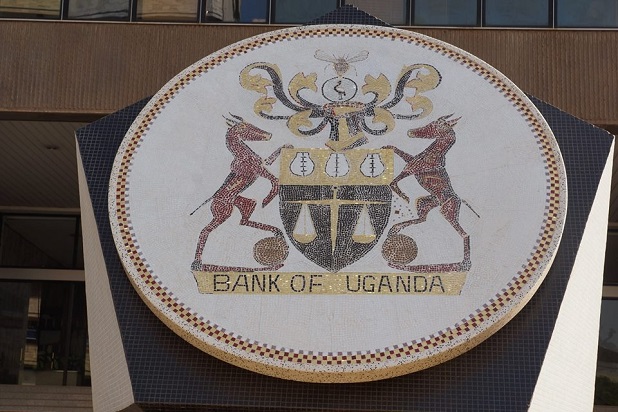Bank of Uganda admits limited options against the depreciation of the Shillings, as it stares at the dwindling foreign exchange (FX) reserves.
The Uganda Shilling traded at 4,000 to a dollar for the first time at a bank, as the depreciation trend continues for the local currency. The official rate by BoU at the closing of the week’s trading session on Thursday was 3,865 buying and 3,875 selling, according to its public notice board.
Volatility and continued activity by dollar buyers kept the unit weak throughout the week having opened the week touching lows of 3880/3890 on Wednesday before it settled a little stronger. “Demand pressures persisted as offshore players continued to purchase dollars as they continued to target investments in the Kenyan market specifically the Infrastructure Bond,” said Absa Bank trading department.
Catherine Kijjagulwe, Head of Trading added, “Inflows trickled in from the usual sectors but were outweighed by the robust dollar demand throughout the week. The unit is anticipated to remain volatile in the near term with possibilities of remaining within the 3820-3920 trading range.”
On Saturday, there were no signs of the trend reversing as I&M Bank quoted the dollar at 3,632 buying and 4,002 selling. Forex bureaus sold the greenback at 3,880, while Uganda Revenue Authority’s exchange rate for Customs purposes, was 3,858.
In the last quota of the last year, the shilling enjoyed remarkable strength into January, a trend BoU attributes to seasonal factors.
Michael Atingi-Ego, the Deputy Governor reasons that diaspora inflows of the dollar and reduced demand due to low import activities in December usually prop up the Shilling.
This however, tends to change as economic activity picks up and therefore, demand for the dollar by importers and other players imperatively influence FX, according to him.
This notwithstanding, however, the Bank has for the last two years been constrained by the decline in the country’s foreign exchange reserves to intervene, unlike previously when it sold dollars onto the market to stabilise the rate.
Atingi-Ego says the heavy debt repayment obligations, the reduced offshore investor inflows and the withdrawal of foreign exchange, especially due to high interest rates in developing markets, curtailed the country’s ability to stock its FX reserves.
He says that because of this, BoU has not sold dollars into the market since June 2022, to avoid depletion of the foreign exchange reserves.
The strengthening of the dollar globally has not helped matters, as this is having a significant impact on currencies of emerging and frontier markets.
On what the bank is doing to ensure this does not escalate further, the Deputy Governor insists that the foreign exchange rate will continue being determined for the market forces of demand and supply.
He says, some factors leading to the rise in the demand of the dollar are local, including import of raw materials by the manufacturing sector as well as investments in the oil and gas and other energy projects.
The Shilling is also witnessing strengthening by its Kenyan counterpart, for the first time in more than a year. The Kenya currency has risen from 24 to 27.4 Uganda Shillings over the last one week as it restores its confidence and attractiveness to the business Community.
Dollar inflows into the Kenyan market on the back of information that the country would pay off her eurobond that matures in June, is good news for the investors.
“The Kenya Shilling made a significant comeback during the week as investors targeted the Infrastructure Bond touching highs of 140.00/145.00 from lows of 160.00 last week. It is expected to continue rallying in the coming weeks as players sell dollars to get Shillings for settlement of the IFB on Monday,” says Kijjagulwe.
-URN





